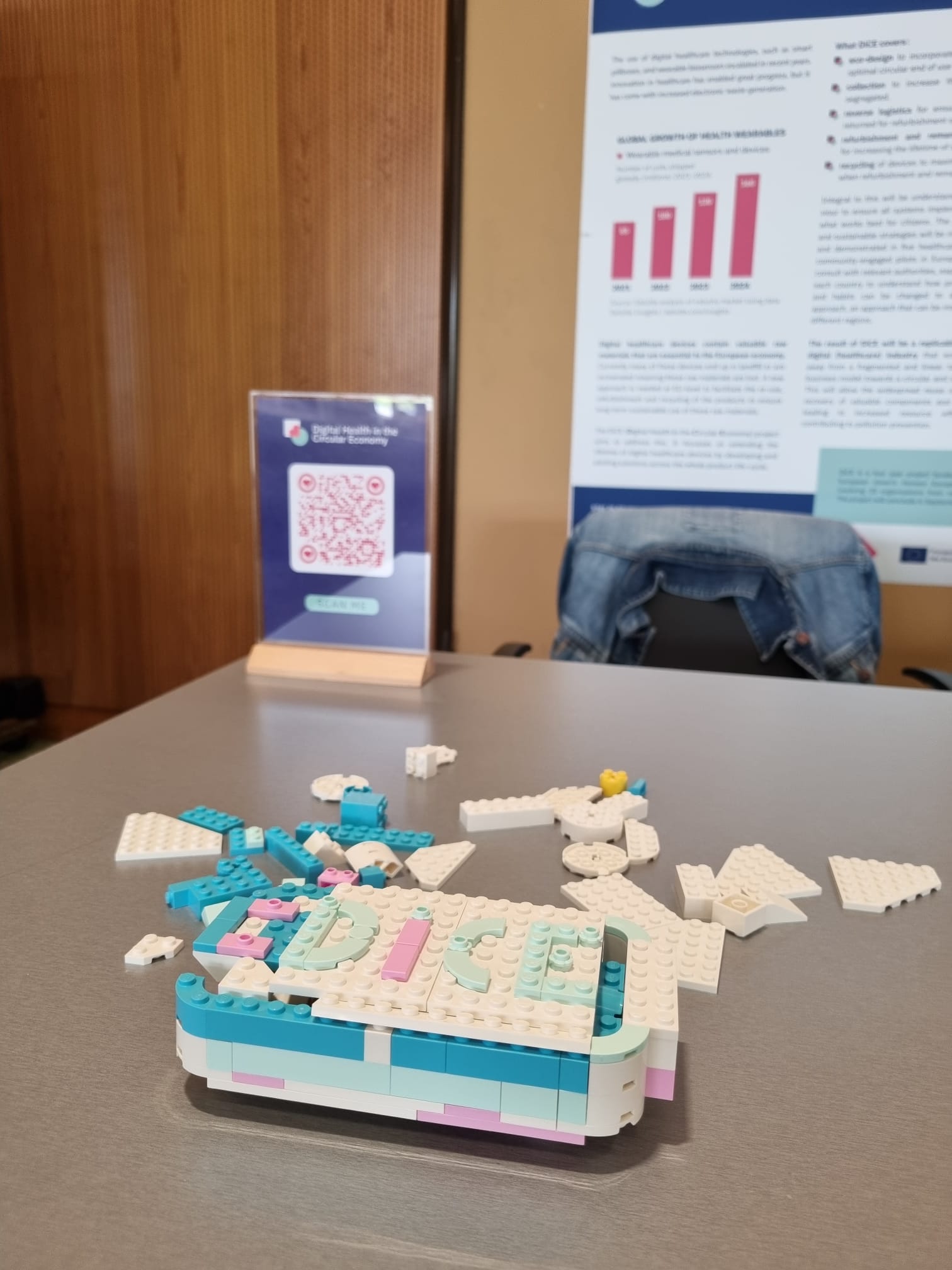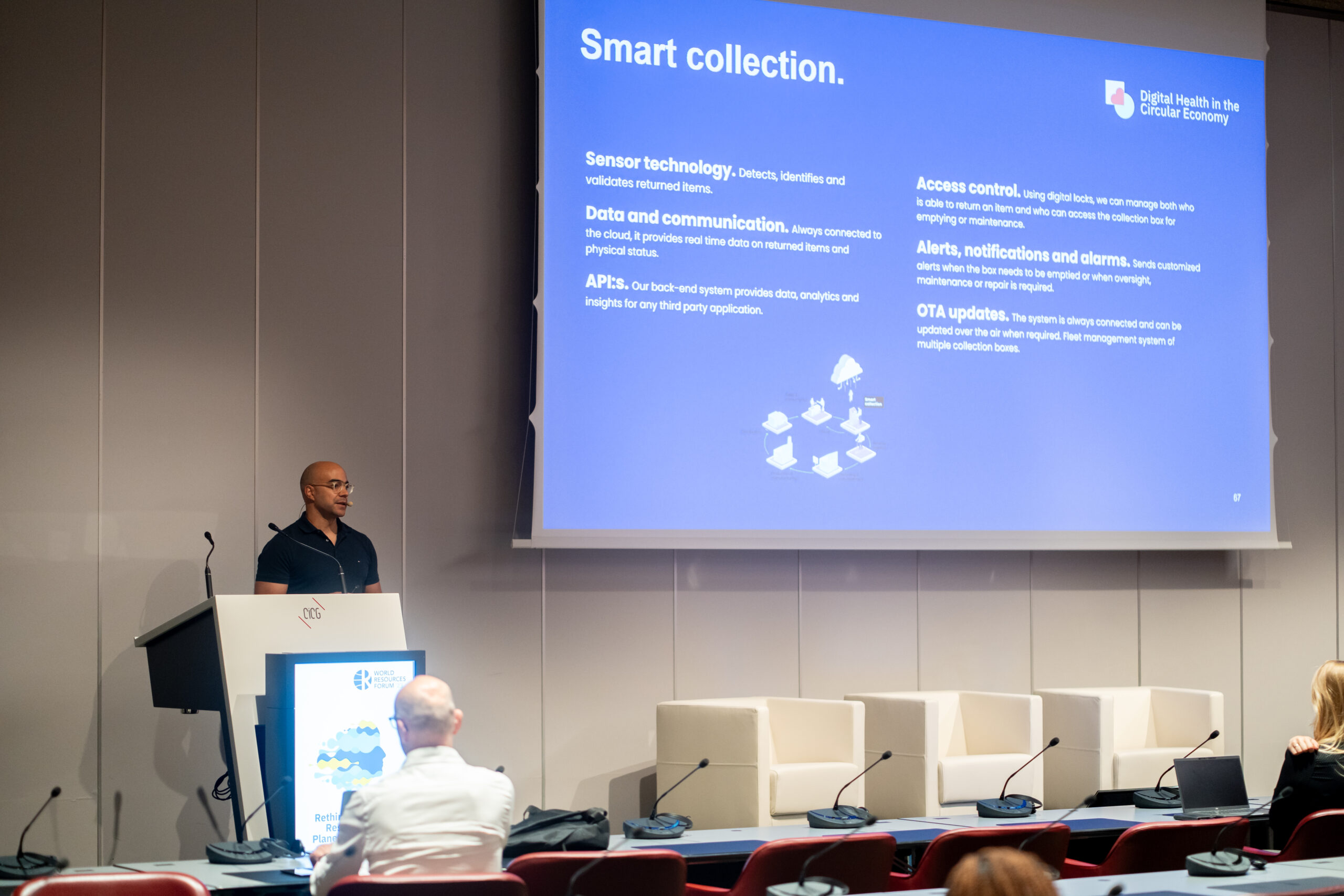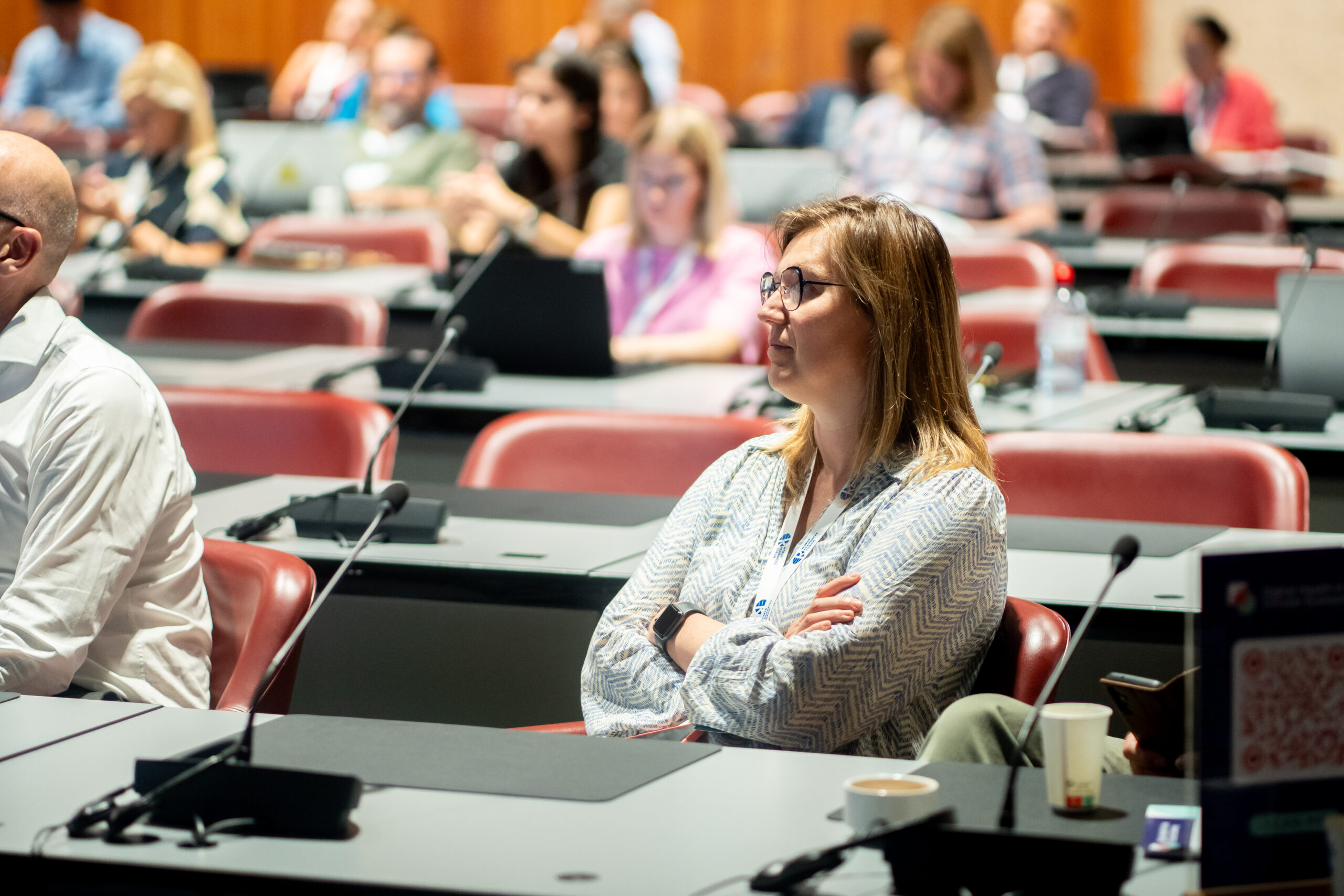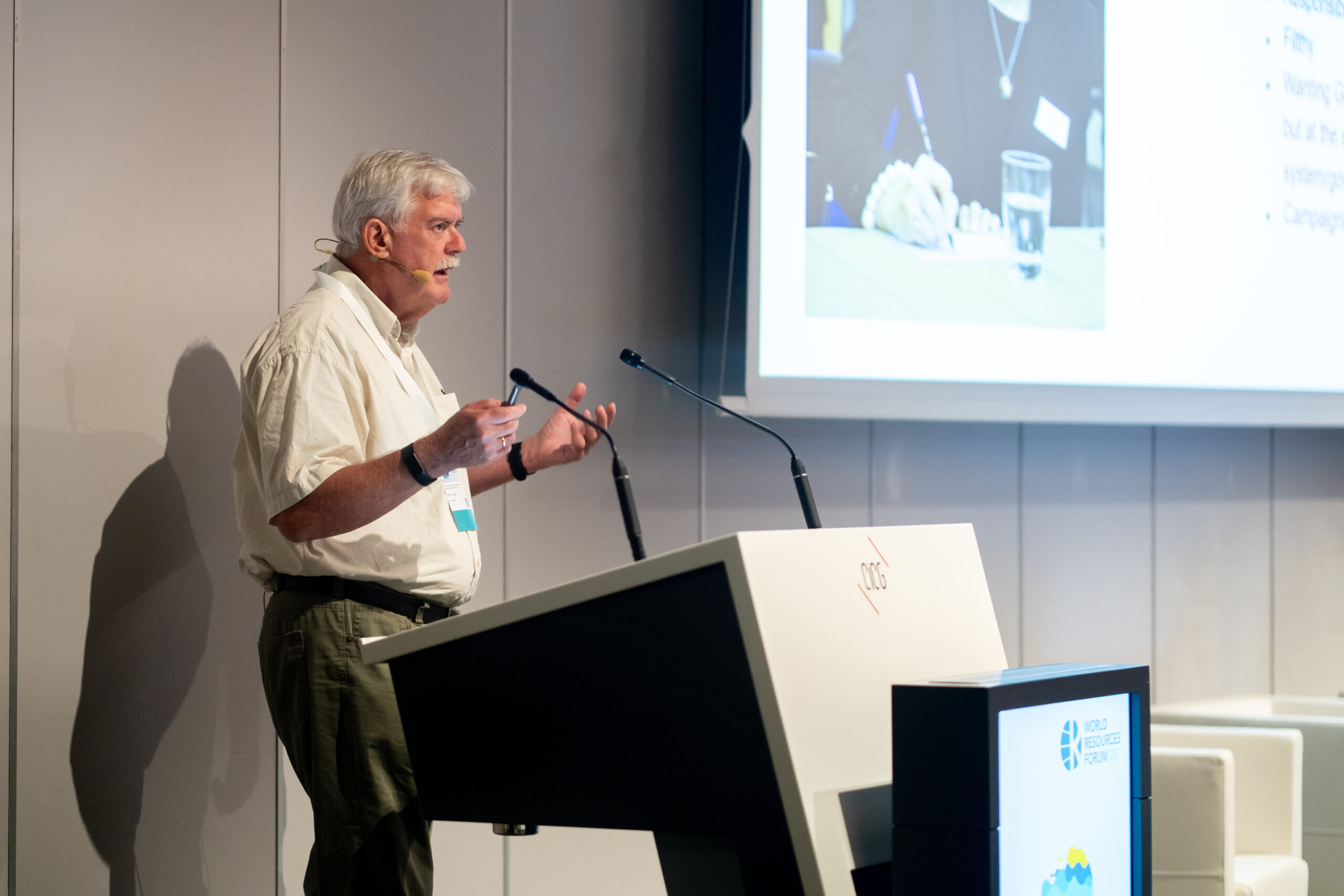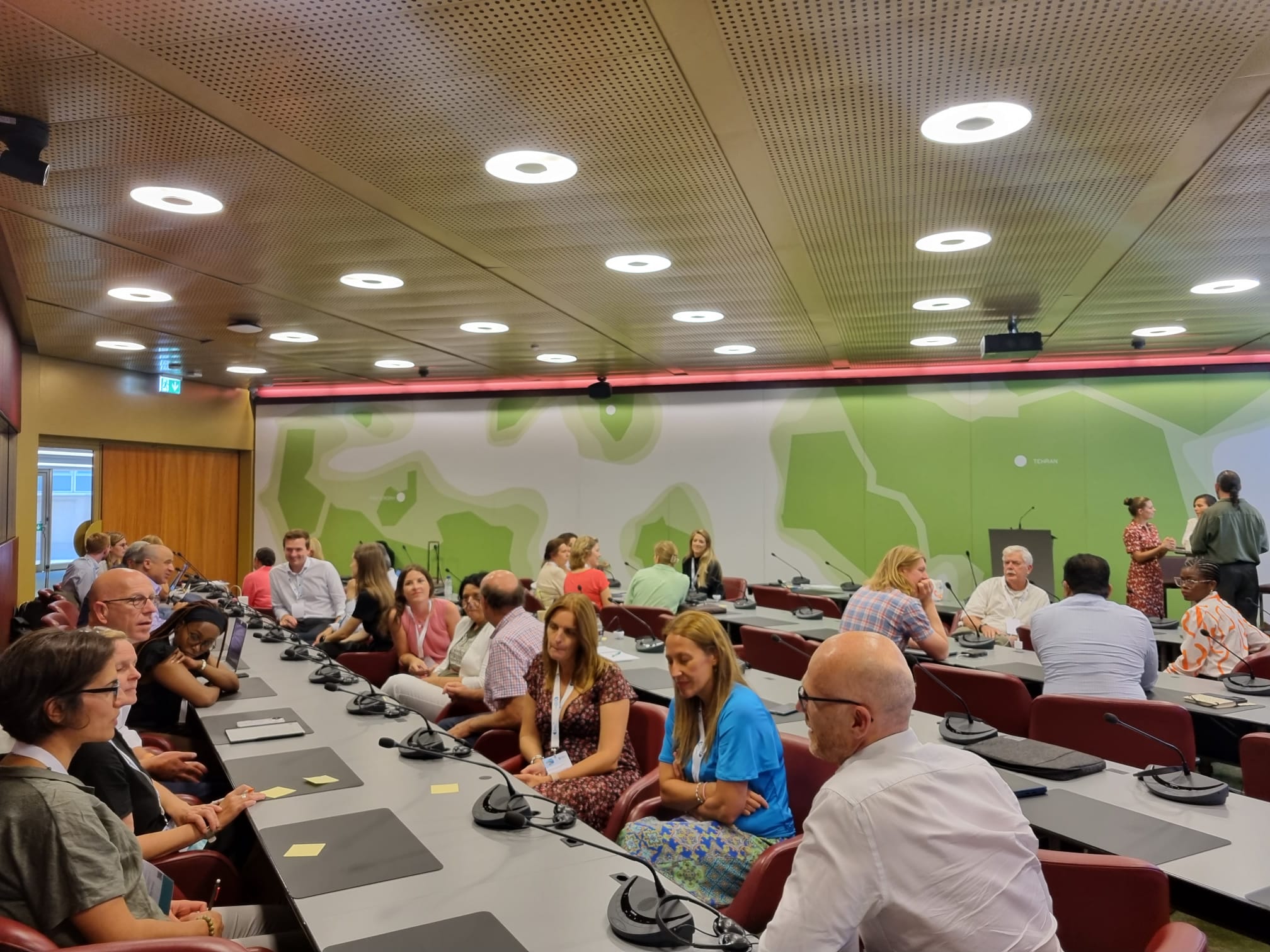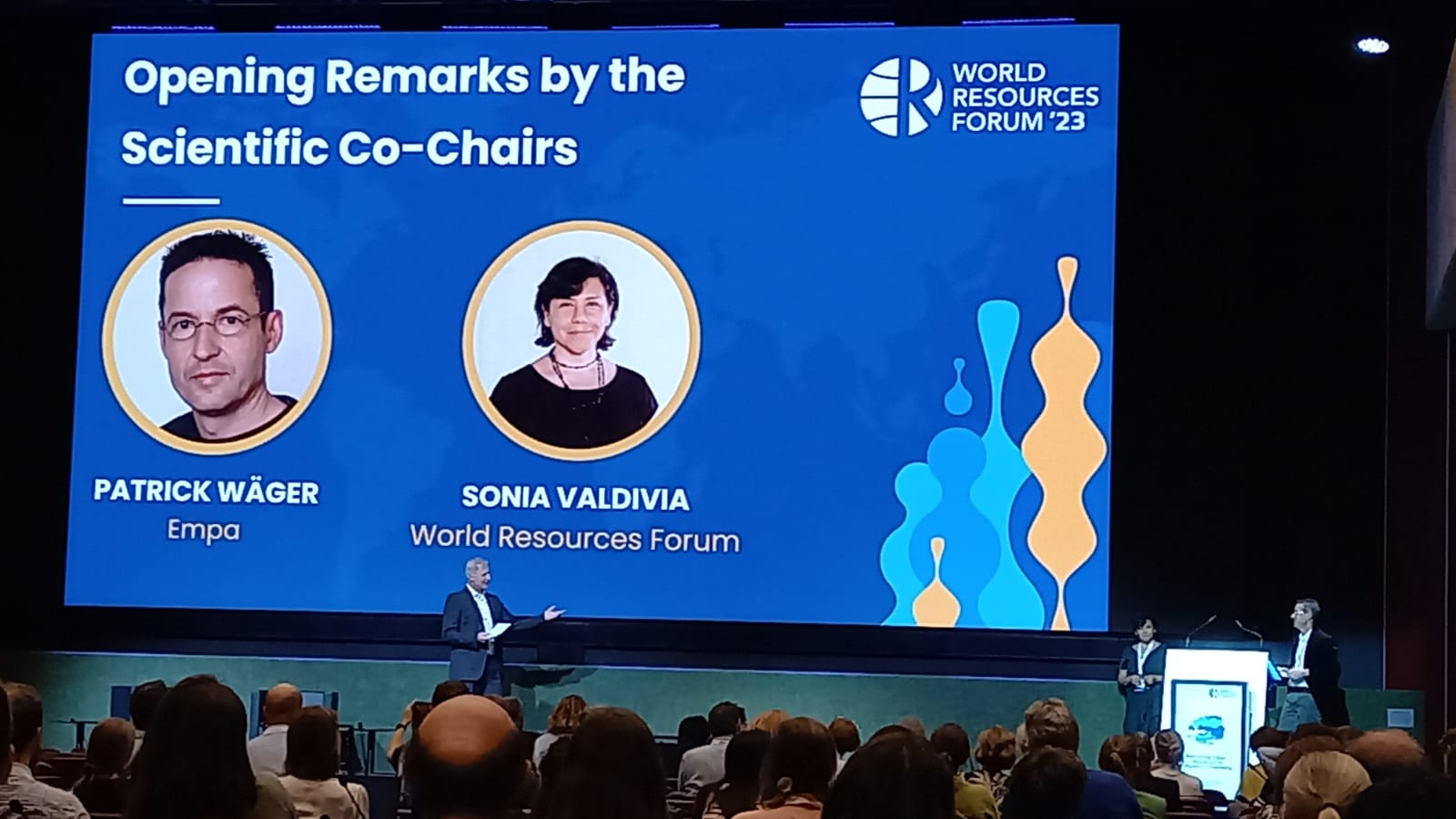
Maarten van Rixtel is a former CEO of Sensire, an organisation in elderly care with a turnover of €185 million, primarily active in East Netherlands. Sensire is characterised by innovation, researching how digital thinking can form a basis for the accessibility of care in the future. Therefore, Sensire experiments not only with digital instruments, but also with the possibilities of healthcare platform.
Please share where your passion for your career comes from. Have you always intended to work in this industry?
I have always been motivated to look for opportunities to support vulnerable people and ensure that they can lead life as normal as possible. My ambition is to create an organisation with this very purpose.
Was there an outstanding moment where your path diverged, or you realised the importance of your profession?
I have a sister who is mentally handicapped. Within our family I have always experienced the value of good care and a good care organisation.
What do you see as the biggest challenge in the circularity of digital health devices today?
Healthcare is not only about new innovations, but also about making these innovations such that they have and maintain a sustainable character.
How would you overcome this challenge?
When designing any innovation, the fact that the product must be sustainable and can be reused or refurbished must be considered.
How does your expertise relate to DiCE?
In homecare nursing we already use many products that incorporate digital components. The challenge in our organisation at the moment is to also use this in a circular manner.
What do you expect from DiCE? How will it change the “sustainability landscape”?
DiCE should help us find principles for sustainability that can be taken into account in the design of digital devices. In addition, DiCE could formulate proposals to organise, and simultaneously minimise the logistics of digital waste.


